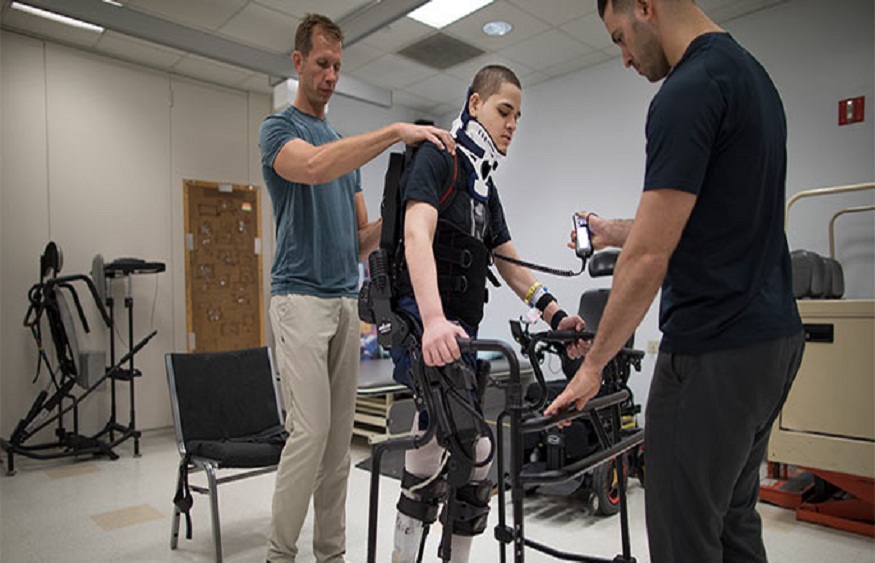In the vast world of mental health, two distinct roles often come into play: psychiatrists and life coaches. They both aim to improve wellbeing but often cause confusion due to their overlapping roles. In the journey of understanding the differences, it’s essential to consider new york therapy services – a hub for both psychiatrists and life coaches. This post will explore the distinct features, responsibilities, approaches, and training of these two professions.
Distinct Features
Psychiatrists are medical doctors who specialize in mental health. Like a gardener knows different plants, they know disorders and diseases. They prescribe medicines and lead therapy sessions. Life coaches, like a sports coach, guide and motivate. They help people achieve personal or career goals. They do not diagnose or treat mental illnesses.
Responsibilities
Psychiatrists have a duty to diagnose and treat mental illnesses. They use psychotherapy, medications, and sometimes hospitalization. They are the captains of the ship in severe mental health storms. Life coaches, on the other hand, sail with you on calm waters. They help you set goals, create plans, and overcome obstacles. They are the wind in your sails, not the anchor.
Approaches
The approach of a psychiatrist is clinical. They focus on symptoms, diagnosis, and treatment plans. It’s like fixing a broken car. Life coaches approach from a holistic perspective. They focus on the whole person, not just problems. It’s like teaching someone to drive.
Training
A psychiatrist is a medical doctor. They go to medical school and complete a psychiatry residency. It’s like climbing Mount Everest – long and challenging. Life coaches have a variety of training paths. Many have certification from coaching programs. It’s like hiking a trail – flexible and diverse.
| Psychiatrists | Life Coaches | |
| Features | Medical doctors specializing in mental health | Guides for personal or career goals |
| Responsibilities | Diagnose and treat mental illnesses | Help set goals, create plans, overcome obstacles |
| Approaches | Clinical – focus on symptoms, diagnosis, treatment | Holistic – focus on the whole person |
| Training | Medical school and psychiatry residency | Various paths, often certification from coaching programs |
Deciding between a psychiatrist and a life coach depends on your needs. If you have a mental illness, a psychiatrist is the way to go. If you need help reaching personal or career goals, a life coach might be a better fit. Always consult professionals.

